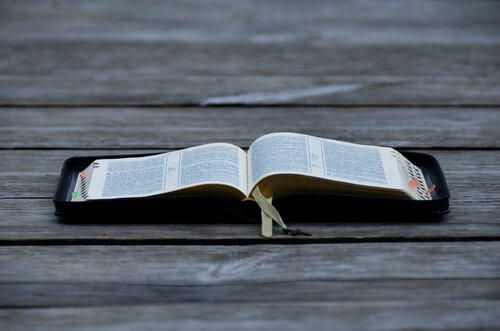- Nov 26, 2019
- 16,277
- 8,624
- 51
- Country
- United States
- Gender
- Male
- Faith
- Generic Orthodox Christian
- Marital Status
- Celibate
What is our final authority for both faith and practice? The two most popular theories on this have been:
(1) Tradition (the church), for example the Magisterium of Catholic tradition.
(2) Sola Scriptura - the claim that Scripture is the only final authority on all major religious doctrines.
However, both views overlook the primacy of conscience, with conscience defined as a feeling of certainty as to what is morally right or wrong. If I feel certain that choice A is evil, and choice B is good, I should opt for choice B. As I can find no exceptions to this rule, I cannot controvert it, hence it needs no proof (although I will provide some), it is thus self-evidently/tautologically true at all times, and therefore conscience is my only final authority. This refutes Sola Scriptura.
This is not to suggest that Scripture is untrue. I accept the inerrancy of Scripture. But exegesis provides me no direct access to Scripture, only to my fallible interpretations of it. Whereas conscience, as we shall see, affords God a method of speaking to us in an infallible manner definitive of the prophetic experience.
The problem with Primacy of Conscience is that it is subjective, whereas Sola Scriptura, Tradition, or a fusion of them like the Anglican model where Scripture is understood using Tradition and Reason (logical discussion and dialogue), are objective.
That said, Quakers practice a primacy of conscience, which is one of their denominationally distinctive attributes. The follow “the inner light” over external sources of authority.
Upvote
0



